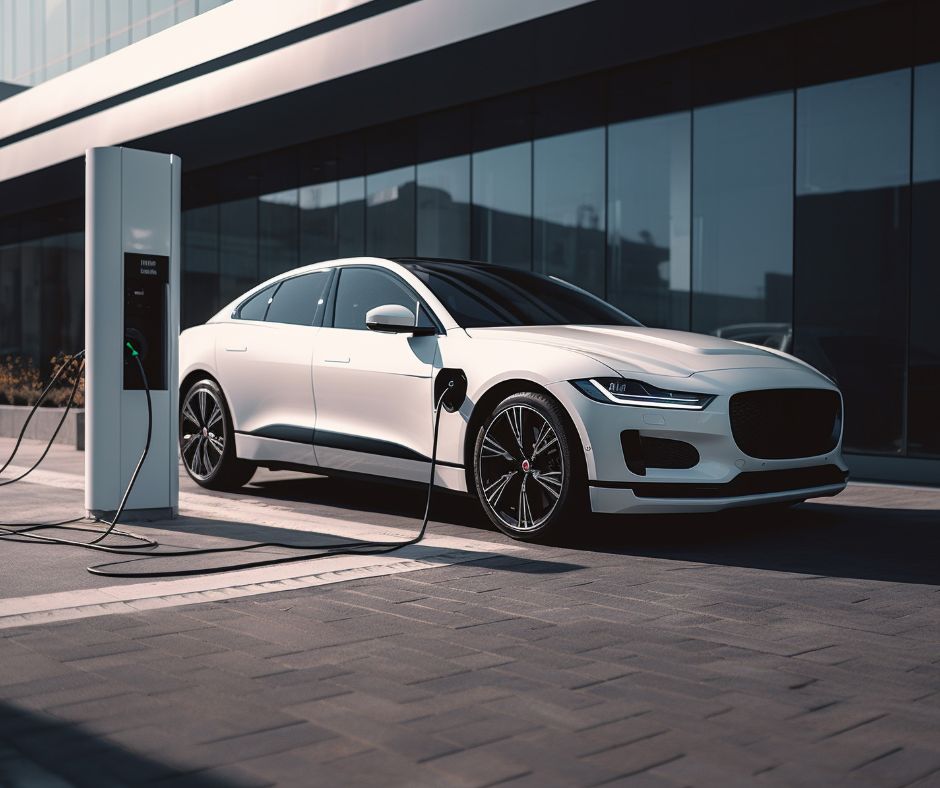Blitz News Digest
Stay updated with the latest trends and insights.
Driving into the Future: Why Electric Cars are the New Cool
Discover why electric cars are the ultimate trend! Join the drive into the future and find out what makes them so irresistibly cool!
The Environmental Impact of Electric Cars: Driving Towards a Greener Future
The rise of electric cars is a crucial element in the pursuit of a greener future. These vehicles produce zero tailpipe emissions, significantly reducing air pollution in urban environments. The transition from traditional gasoline-powered cars to electric vehicles (EVs) is not only beneficial for the air quality but also plays a significant role in combating climate change. As we shift towards renewable energy sources, the carbon footprint associated with charging electric cars continues to diminish, making them an increasingly sustainable choice for consumers.
However, the environmental impact of electric cars extends beyond their operational benefits. Battery production poses challenges, as the extraction of lithium, cobalt, and other materials can lead to ecological degradation and human rights concerns. Therefore, manufacturers are investing in more sustainable practices and technologies to mitigate these effects. As electric vehicle technology evolves, the emphasis on recycling and reusing materials will further enhance their sustainability, ensuring that we are indeed driving towards a greener future while addressing the broader environmental implications of their production.

Why Electric Cars are More Than Just a Trend: Exploring the Tech Behind the Cool
Electric cars have rapidly transitioned from being perceived as mere novelties to becoming a vital part of the automotive landscape. The innovative technology behind these vehicles is not just about reducing carbon emissions; it encompasses a myriad of features that enhance the driving experience and improve efficiency. Major advancements in battery technology, such as solid-state batteries, are paving the way for longer range and faster charging times. Additionally, electric vehicles (EVs) are equipped with state-of-the-art infotainment systems and autonomous driving capabilities, showcasing their multifaceted appeal beyond what traditional combustion engines can offer.
Moreover, the infrastructure supporting electric cars is rapidly expanding, with charging networks becoming more accessible and efficient. This evolution is complemented by the integration of renewable energy sources, enabling drivers to charge their vehicles with clean energy. As the market for electric vehicles continues to grow, so does the innovation within the industry. From software updates that improve performance to advanced safety features that make EVs a safer choice, electric cars are proving to be more than just a passing trend. They represent a significant shift towards a sustainable future in which technology and environmental responsibility go hand in hand.
Are Electric Cars the Future of Driving? Debunking Myths and Misconceptions
The question of whether electric cars are the future of driving often generates passionate debate, fueled by a variety of myths and misconceptions. One prevalent myth is that electric vehicles are not suitable for long-distance travel due to their limited range. However, advancements in battery technology have significantly improved the range of many electric models, with some now capable of exceeding 300 miles on a single charge. Additionally, the proliferation of charging stations across urban and rural areas has made it increasingly convenient for drivers to recharge their vehicles when needed.
Another common misconception is that electric cars are inherently more expensive and less economical over their lifespan than traditional gasoline vehicles. While the initial purchase price of some electric vehicles can be higher, the total cost of ownership often reveals a different story. Electric cars tend to have lower maintenance costs, as they have fewer moving parts that can wear out, and they benefit from lower fuel costs when charged at home or at public charging stations. As governments continue to incentivize electric vehicle adoption through tax credits and rebates, the economic argument in favor of electric cars becomes even stronger.